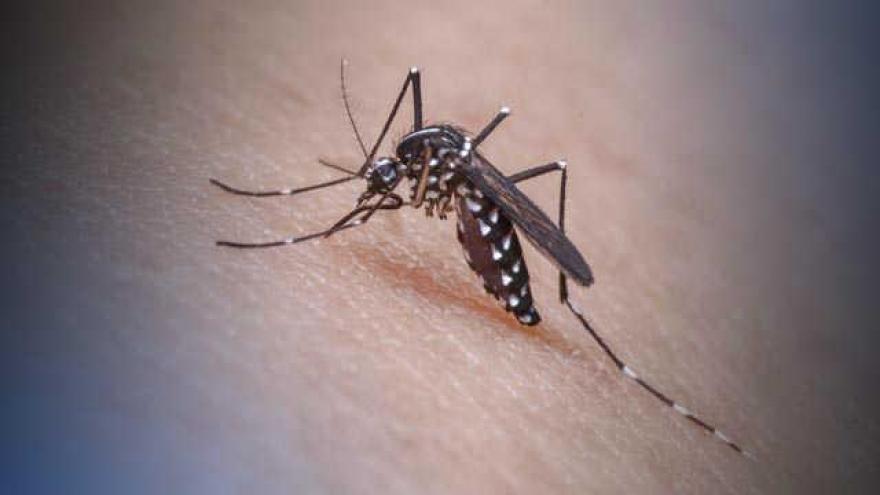Mosquito capable of carrying Zika found in Wisconsin

Waukesha County Public Health officials want members of the public to know there is likely no increased risk of Zika infection even though the Aedes albopictus mosquito has been found in the county. Aedes albopictus is one type of mosquito that is capable of spreading the Zika virus, however there is no evidence of Zika-infected mosquitoes in Wisconsin. This is the second documentation of this species of mosquito in Wisconsin this summer.
While it is possible that Aedes albopictus could transmit Zika, a different species, Aedes aegypti, is the primary carrier of the infection. Aedes aegypti lives in warmer climates, and has not been found in Wisconsin or any neighboring states.
“The detection of the Aedes albopictus mosquito in Waukesha County is not a cause for alarm,” said Ben Jones, Waukesha County Public Health Officer. “Several nearby states also have small numbers of these mosquitoes, where Zika virus has not been locally spread. However, we want to remind residents to take precautions to prevent mosquito bites. Other serious diseases, including West Nile Virus, are spread by mosquitoes in our state.”
Teams are currently assessing how widespread Aedes albopictus is in Waukesha County and other parts of the state. The mosquito has been detected in Minnesota, Iowa, and Illinois for several years, with no widespread populations of this species becoming established and no known cases of locally transmitted Zika virus in the Midwest.
Wisconsin residents at risk for Zika virus infection are people who have traveled or had sexual contact with someone who traveled to locations with active Zika virus transmission. The detection of Aedes albopictus in Wisconsin does not change the precautions that The Wisconsin Department of Health recommends for people with a possible exposure to Zika virus. Anyone who may have been exposed to Zika should contact their doctor if they experience fever, rash, joint pain, or red eyes within two weeks of possible exposure, and avoid mosquito bites for at least three weeks after they first become ill or after last possible exposure (if there are no symptoms).
